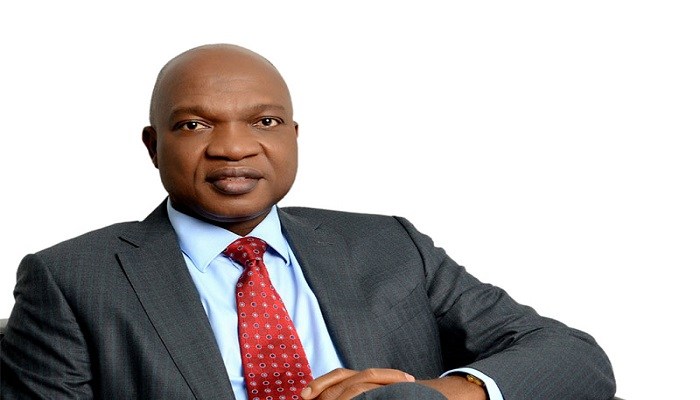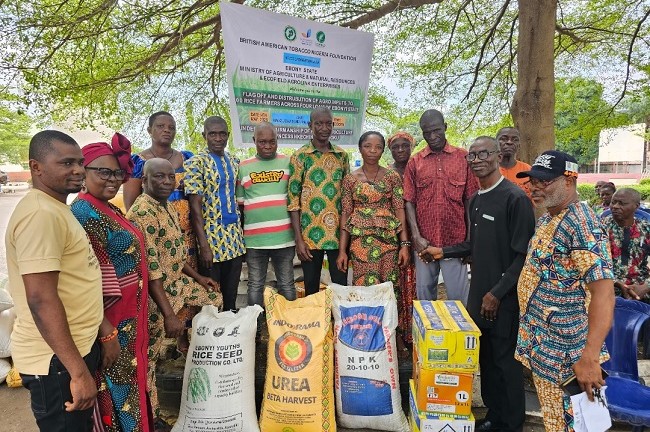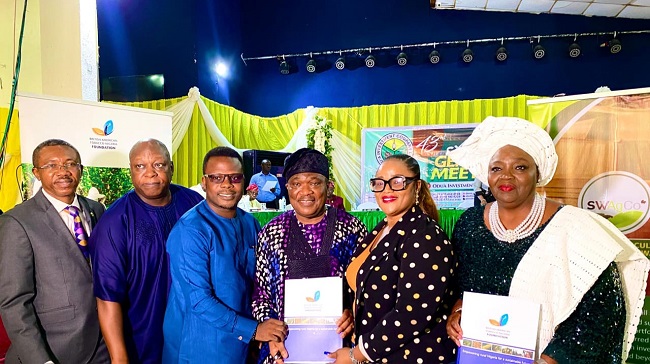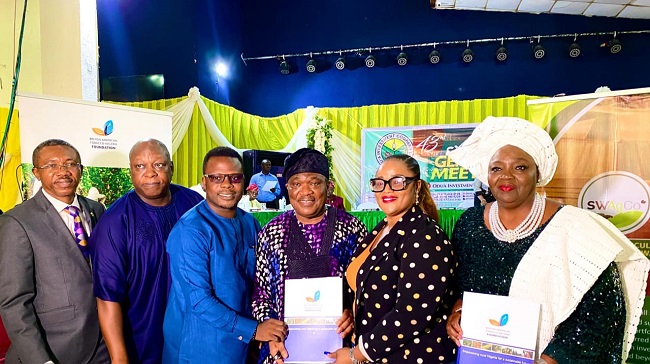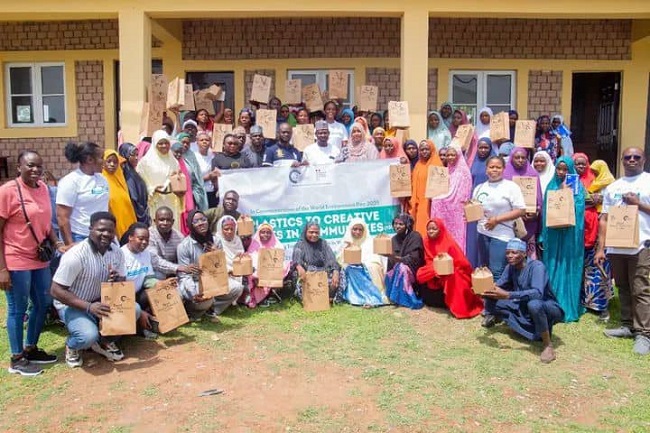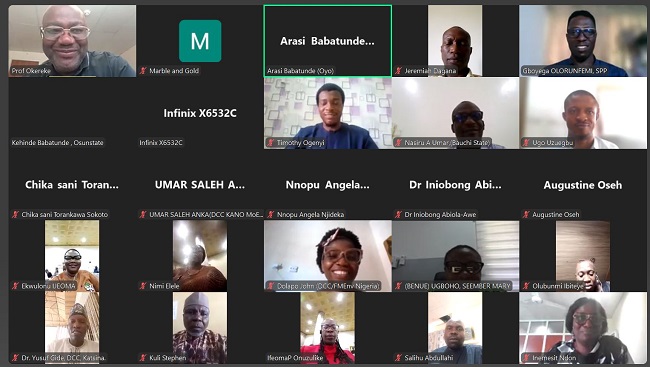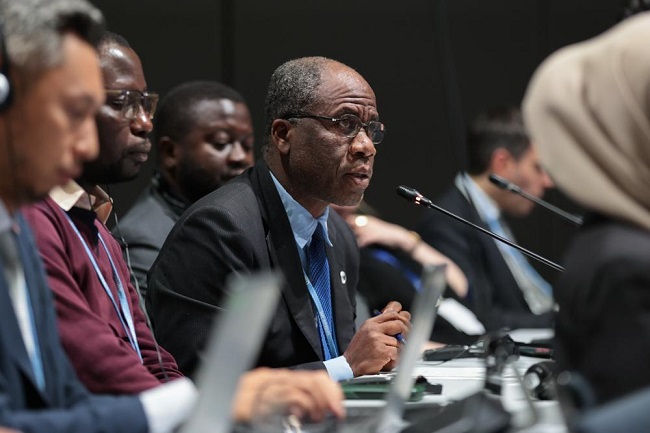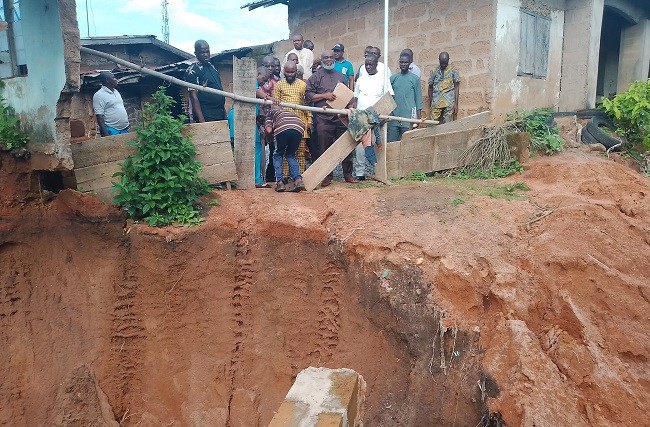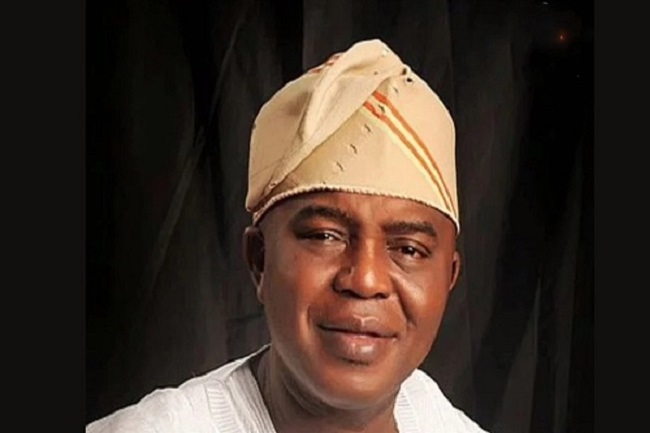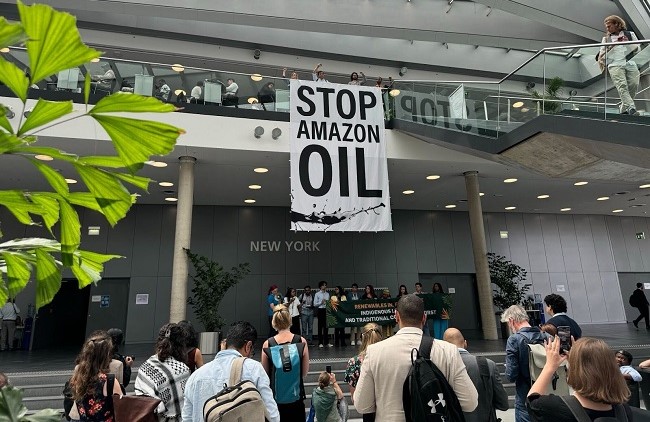A coalition of African leaders from government, finance, academia, and international development have launched the Africa Green Economy and Sustainability Institute (AGESI), a new pan-African “do-tank” designed to catalyse the continent’s shift to a sustainable and prosperous future.
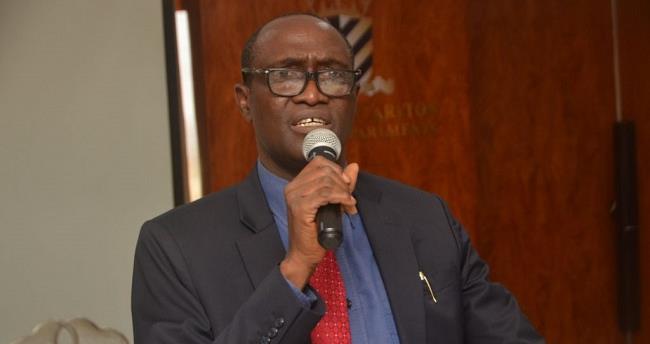
The institute was unveiled during a high-level inaugural webinar themed “Setting the Stage for Africa’s Green Shift,” where speakers emphasised the need to move beyond policy discussions to the implementation of concrete, bankable projects.
The webinar was chaired by Emeritus Prof. Babajide Alo, AGESI Patron and Former Deputy Vice-Chancellor of the University of Lagos. Declaring the event open, he captured the spirit of the day: “We have moved from an era of awareness to one of necessary action… See this webinar not as a passive event, but as the beginning of a vital collaboration.”
AGESI was introduced as a direct response to the continent’s most pressing question.
“The ambition is undeniable, yet a single question echoes across our continent: How? How do we move from ambition to concrete action?” asked Dr. Eugene Itua, the Executive Director of AGESI. “Today, we do not just launch an institute; we light a beacon… We are not a think-tank; we are a do-tank, built to cut through bureaucratic inertia and focus on tangible, life-changing results.”
AGESI performs the analytical role of a think-tank, but its defining purpose and measure of success is its ability to act as a do-tank – translating that intelligence into tangible action, executed projects, and a measurable green shift for Africa.
The launch drew endorsements from key institutions. Ms. Ijeoma Ozulumba, Executive Director/CFO of the Development Bank of Nigeria (DBN), noted her institution’s unique position as the only Nigerian entity accredited to the Green Climate Fund (GCF).
“AGESI was conceptualised to answer this question,” she stated, positioning the institute as a critical partner.
The Nigerian government offered its full support, with the Minister of Environment, Balarabe Abbas Lawal, represented by Ms. Aisha Odetoro, Director of Environmental Assessment, declaring AGESI a “vital and necessary partner.” She added, “Where government sets the direction, AGESI can help build the road.”
Support from global partners was emphatic. Ms. Elsie Attafuah, the UNDP Resident Representative in Nigeria, noted that AGESI’s creation fulfills a key UNDP recommendation. This was echoed by Dr. Rose Mwebaza, Director at the UN Environment Programme (UNEP), who celebrated AGESI as an institution capable of ensuring Africa’s voice is “our own” and derived from African realities. From the diaspora, Mark A.G. Brantley, Premier of Nevis, championed the need for South-South collaboration, stating, “The Caribbean stands with you as a committed partner.”
In a keynote address, Dr. Ibrahim Pam, Chairman of the World Bank Inspection Panel, warned that the greatest risk to Africa’s green transition is not finance but a “failure of governance.” He cautioned against a “green resource curse” and urged AGESI to champion Governance, Transparency, and Accountability as the “unshakable bedrock of integrity.”
The collaborative framework for AGESI’s mission became clear through remarks from its partners. Prof. Francis Bisong, representing Prof. Anthony Nyong, the African Development Bank’s (AfDB) Director for Climate Change & Green Growth, framed the partnership in stark terms: “AGESI’s job is to be the catalyst… Our job at the African Development Bank is to finance the projects.”
This sentiment was matched by Prof. Lawrence Ezemonye, Chair of the Committee of Vice-Chancellors of Nigerian Universities, who committed the nation’s universities to serve as AGESI’s “core engine for innovation and human capital development.”
The dialogue was deepened by a “Davos-Style” expert panel moderated by Ms. Ozulumba. Ronald David Kayanja of the UN Information Centre urged AGESI to change the narrative about Africa’s capability. Amb. (Dr.) Safiya Nuhu stressed that inclusive governance must deliberately close gender gaps. Tomas Sales of the UNDP’s Africa Sustainable Finance Hub highlighted AGESI’s unique role as a neutral convener, while Mfon Ekong Usoro, a maritime governance expert, emphasised the link between the green and blue economies and the need for a domestic carbon market.
Dr. Othniel Yila of the Commonwealth Climate Finance Access Hub proposed national climate trust funds to empower communities. Finally, Olapeju Ibekwe, CEO of the Sterling One Foundation, outlined how AGESI could de-risk investments to unlock private sector capital.
With its formal launch, AGESI is now poised to begin the collaborative work of building Africa’s green future.
By Dr. Eugene Itua, Executive Director, AGESI

